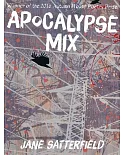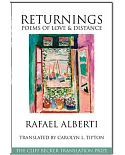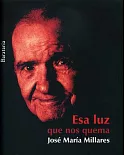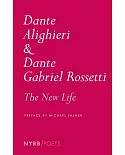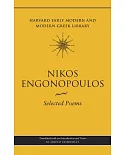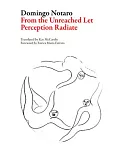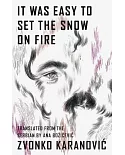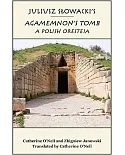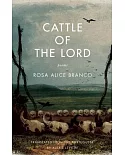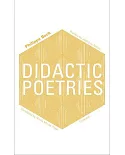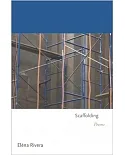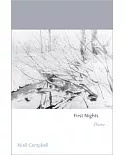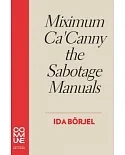Anna Akhmatova (1889–1966) was a skilled love poet who, through no choice of her own, became a witness to mass violence, a widely recognized exemplar of en¬durance and moral strength, and
finally a symbol of Russian national res¬ilience. At the start of her career, during the final years of the Russian Empire, Akhmatova was a cul¬tural celebrity who fascinated a generation not
only with her poetry but also with the drama that she created around herself.
After the revolution of 1917, she was attacked as a decadent bourgeois author and driven into silence and obscurity. Living in relative poverty, with her family and friends repeat¬edly
arrested and har¬assed, and she herself publicly cursed by the representatives of the state, Akhmatova survived the dark¬est decades of Soviet history. Near the end of her life, when timorous
cultural bureaucrats allowed her to reemerge as a public figure, she revealed to readers that even if the “collective” had rejected her as an unworthy member she had contin¬ued to write
poetry reflecting the trials and calamities of Soviet men and women with greater truth and moral au¬thor¬ity than any official poet could attain.



